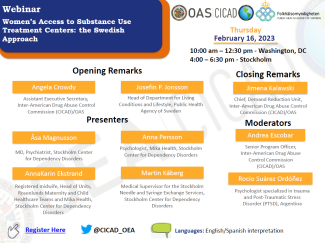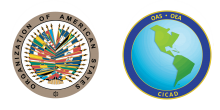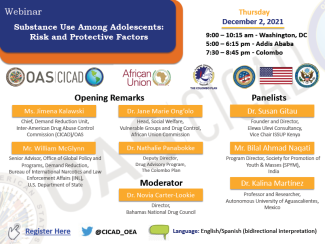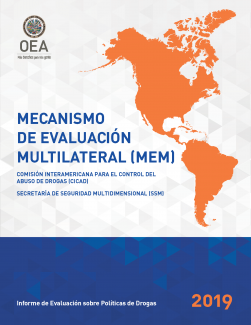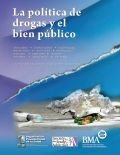Akses Perempuan ke Pusat Perawatan Penggunaan Zat: Pendekatan Swedia
Anda diundang untuk menghadiri webinar yang diselenggarakan bersama CICAD dengan Swedia pada 16 Februari 2023 mendatang. Interpretasi langsung bahasa Inggris/Spanyol disediakan.
Klik di sini untuk mendaftar.
